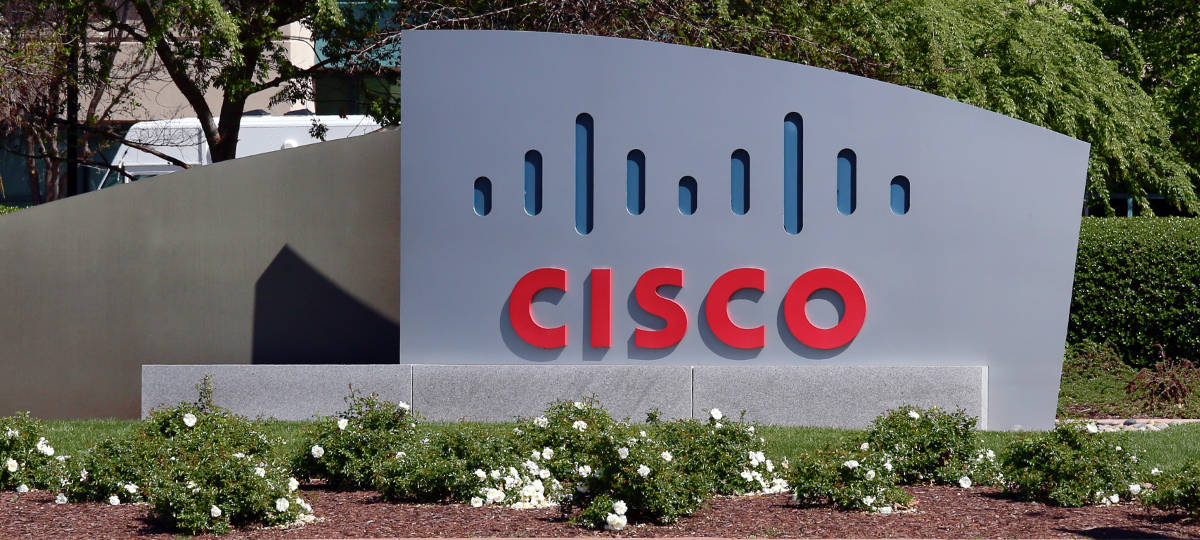Since 2014 fifteen of the world’s leading financial institutions invested in a project to develop a scalable, cloud-based and highly secure collaboration platform that would address complex security and compliance challenges while providing a tool to enhance workflow productivity. The consortium comprised: Bank of America, BlackRock, BNY Mellon, Citadel, Citi, Credit Suisse, Deutsche Bank, Goldman Sachs, HSBC, JP Morgan, Jeffries, Maverick, Morgan Stanley, Nomura, and Wells Fargo.
The resulting company was called Symphony, and the platform would be specifically designed to address the security and compliance challenges in regulated industries, such as financial services, by keeping messages and data secure while facilitating and strengthening in-house compliance.
The background
Some revolutions demand destruction and disorder, others simply happen. By 2012 ICM research estimated that business spent an average of two working days per week on business communication (even more for personal communication) and uses seven to eight different media. People were struggling to keep up with emails, text messages, instant messaging, video conferencing and social networks, with 60% feeling irritated by the need to switch devices while also being concerned about security and information control.
Meanwhile David Gurle, IP communications veteran and visionary, has been the driving force behind what is called “unified messaging”. He defined Microsoft’s Unified Communications strategy, he introduced federated communications with compliance as head of Thomson Reuters Collaboration Services and then ran Skype’s Enterprise Business. Things have been changing as a result of his vision: with Skype and other conferencing solutions it is becoming increasingly easy to use a single interface to make video or voice calls, real-time texting and file sharing at the same time.
This has been a gentle revolution in communications convenience, but sheer usability has highlighted the remaining concerns about security and compliance that Symphony now promises to address. The inspiration for this Symphony came from Perzo, the company David Gurle launched in 2013 to address the proliferation of communication tools and the resulting worries about security. People naturally adapt the way they communicate to suit the audience and the medium – whether it was formal business letters or banter between two friends. The closer the relationship, or the more important the message, the more we want security and dependability. Yet current communication platforms have pressured us into relying on social media that can be accessed by any third party while spreading our memories across too many different communication applications to keep track.
Perzo immediately attracted the attention of the finance industry, where real-time “chat” is a key communications tool. Traders that once crowded the stock exchange floor, using hand signals to attract attention and shout buy/sell messages, now typically sit at their desks before half a dozen screens and maybe twenty or thirty chat windows open at a time. It’s fast and efficient, but poses a regulatory nightmare: if there was any suggestion of insider trading or the leaking of market data, how can one be sure who was listening or how hurried messages might be interpreted? You can open private chat rooms for colleagues, but even the name or existence of that chat room might provide a clue to future market movements and that would undermine compliance.
Financial institutions like that provide a leading-edge example of the basic communication needs faced by all business operations: how to facilitate easy, natural discussion and problem-solving between individuals and teams, while limiting the communication to the right players and keeping a reliable record for later reference while, satisfying regulatory requirements in the extreme case of legal procedures. So those fifteen companies came together to support the development of an ideal communications platform – and Perzo was renamed as Symphony.
While the initial funding would be used on designs and features targeted at the finance industry, the intention all along was to make the platform as open and customizable as possible so that it could eventually serve much bigger enterprise and business markets and be adapted to different industry sectors and regulatory environments.
Think of it this way: after a couple of decades of e-mail usage and experience, what if one had the opportunity to start from scratch and create a new workflow communications system that incorporates all the lessons learnt in that time? This would be the result.
Symphony
Businesses need the right balance between three potentially conflicting factors:
1. Easy, natural communication between individuals and workgroups
2. Granular security that can be adapted to any business and regulatory environment
3. Strict control over the management and archiving of all communications to meet regulatory requirements and possible legal challenges.
In the first case, Symphony designed a cloud-based platform that integrates work-streams and provides a comprehensive, seamless communications interface that can be tailored to team or individual needs with access on a single screen, or via a choice of mobile or fixed devices. Initially focused on chat as the prime medium of interaction, the system will integrate screen sharing, voice, video and email, as required.
Powerful end-to-end encryption ensures that messages stay secure in the cloud and in transit. In the enterprise version, the encryption keys are generated by secure hardware located on the customer’s premises – this approach ensures that Symphony and its employees are totally unable to decrypt and display customer data. No other financial services platform provides a comparable level of security, as the system was expressly designed to facilitate and enhance customers’ compliance operations and help customers meet regulatory requirements.
An important distinction of Symphony’s “end-to-end” security is that customers retain the ability to archive their employees’ communications by controlling their keys at an organizational level. The key management software also prevents individual users from altering or erasing their messages, so that every chat message can be archived. Being expressly designed to facilitate and enhance compliance, symphony includes an evolving portfolio of added features and tools to ensure customers’ ability to comply fully with changing regulatory requirements.
Public and Enterprise release
Feedback on the solutions’ usefulness for team collaboration has been so positive that it was decided to release Symphony as a free public offering, so anyone can sign up and start building out their teams today. For paying customers, there are enterprise and business solutions and customers can use cloud or on-premises infrastructure for key management. The on-premises version is intended for organizations with over 500 employees. Both solutions incorporate the full compliance and administrative feature set for $15 per user per month.
Since October 2014 the enterprise version has been thoroughly tested and accepted by thousands of users in the finance sector. But the same principle of designed-in flexibility that encourages users to shape their own communications experience is also enabling Symphony itself to evolve rapidly. Being subject to an ongoing bi-weekly development process, Symphony has the potential to meet the specific demands of other critical sectors such as healthcare, government and military users.
Among many new developments there has been the recently announced collaboration with Dow Jones, McGraw Hill Financial and Selerity to give subscribers fast, easy access to premium news content – and this has triggered speculation that Symphony will be taking on the giant Bloomberg with an offering whose basic cost is 120 times less than a Bloomberg screen. All eyes are on Symphony following its clearly very well planned and strategically timed product launch.
By Lionel Snell, a Cambridge mathematical analyst who enjoys getting to the core of complex, subtle subjects and communicating them in fresh and original ways















